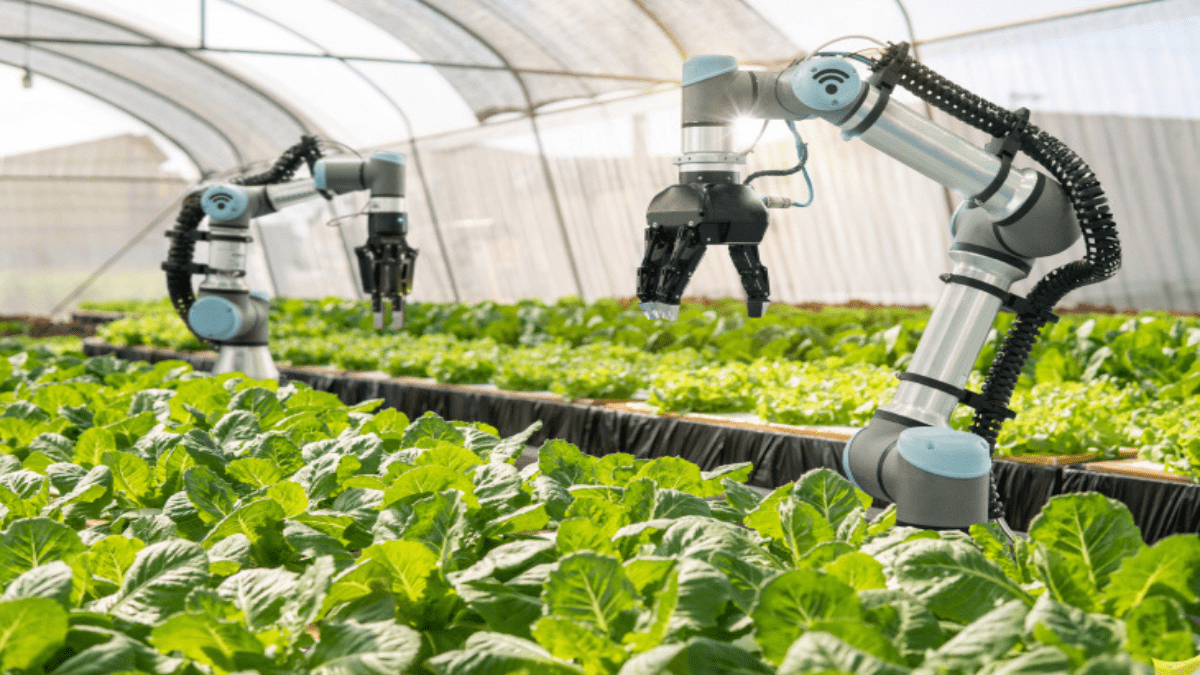Restaurants and food plazas have been behind the tech renaissance- compared to their retail peers. The pandemic has shifted the priorities of restaurants significantly. Covid 19 has hit the Achilles heels of the food industry, making it difficult for some to make a resilient recovery.
Global food franchises like KFC, Pizza Hut, Taco Bell now use artificial intelligence, enabling customers to order food through social media and messaging channels.
Food science is a multidimensional field involving chemistry, nutrition, microbiology, and engineering to offer scientific knowledge to decipher problems associated with the facets of the food system. A food scientist understands the chemistry of food constituents, such as proteins, carbohydrates, fats, and the transformation these undergo during processing and storage. The potentiality to carry out analysis of food constituents has evolved along with statistical quality control methods, considering microbiological and food safety aspects. The food scientists companies in the UK are also involved in the development of food additives, deciphering the physical and chemical attributes of food, product development, food engineering, and packaging. In layman’s language, food science integrates this board-based knowledge and focuses it on food.
The food industry provides primary products for final preparation at home and responds to market demands for more refined, sophisticated, and convenient products.
The constant insistence for easy to prepare and convenient foods poses major scientific and technological challenges which cannot be met without food technologists and scientists qualified to understand the complex biochemistry of food systems. The increased reliance of the consumers on ready-to-eat foods has led to great responsibility for the food industry in terms of quality, nutrition value, and safety. Scientific principles and novel technologies are being implemented in food manufacturing and the tremendous food production companies. Through scientific inquiry, also known as gastrophysics, food scientists examine minute details of how consumers experience food and drink. Who we eat with; the texture, background noise, and weight of plates and cutlery- are the implicit factors that affect the taste.
How technology impacts the food industry
The application of technology and machines in the food industry ensures quality and affordability and drives down the costs of keeping the food fresh alongside increasing productivity.
Robotics and technology in food production
The incorporation of machinery by food tech companies in the UK has helped eliminate safety issues for the more dangerous jobs in the food production process. For instance, when a tech company in 2016 created a program for butchery. By using robotics to cut the more difficult parts of the meats, preventing many work injuries. The number of robots in the European food industry is estimated to be over 30,000, which increased 62 per 10,000 employees in 2013 to 84 in 2017. The UK, Sweden, Denmark, and the Netherlands are increasingly employing robot density in the food production industry.











